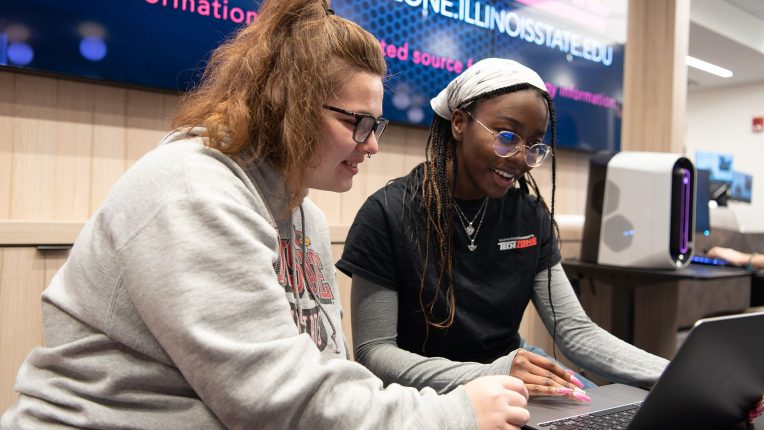We have covered several methods cybercriminals use to get your information or your money. Hopefully, you have learned a lot and have taken steps to make your online presence more secure. However, there is more to cybersecurity than just protecting yourself. Cyberchampions actively help others around them avoid traps set by cyberthieves and reduce human error, the leading vulnerability to cybercrime. This makes cyberchampions invaluable to their families and social groups and in workplaces.
Help family and friends identify scams
There are many kinds of scams out there. Scam artists on social media often target users with stories that are designed to pull on a victim’s “heartstrings.” Phishing emails and text messages typically use fear to compel their victims to act without thinking. Job offer and investment scams tend to rely on greed or desperation for a quick return on their money to trick people out of their funds. Cyberchampions educate family members and friends about these threats. Share stories of fraud and scams with your loved ones so they will recognize potential threats when they encounter them.
Below are some helpful tips you can share:
- Be careful what you post and make public online. Scammers can use details shared on social media and dating sites to better understand and target you.
- Never send money to anyone you have only communicated with online or by phone.
- Don’t react to threatening emails. Send a screenshot or picture of emails that threaten “loss of account access” to a trusted individual that can give you perspective.
- If you need to purchase gift cards, cryptocurrency, or transfer money as part of your job, it is probably a scam.
- When interacting with anyone online be slow to take action, share information with people around you, and ask lots of questions.
- Scam artists may attempt to isolate you from friends and family or request inappropriate photos or financial information that could later be used to extort you.
- Before entering an online relationship, research the person’s photo and profile using online searches to see if the image, name, or details have been used elsewhere.
- Beware of the individuals that promise to meet in person but then always come up with an excuse to not meet. If you haven’t met the person after a few months, for whatever reason, you have good reason to be suspicious.
Be a part of your work and school security
Once you have a foundation of knowledge and cyberskills, you should practice what you have learned. Cyberchampions can strengthen the networks they operate on and the companies that they work for with their daily activities. The following are simple actions you can take every day to block cybercriminals and protect those around you:
- Review links in emails before opening them (on a computer, hover your mouse over links; on a phone/tablet, touch and hold links).
- Update software and restart your computer often.
- Validate suspicious callers by contacting the business/company at their official number before providing any information.
- Use a password manager to help you have different secure passwords for each service.
- Use multi-factor authentication (sometimes called two-factor or 2FA/MFA) when possible.
- Report suspicious emails, calls, or activity as soon as possible.
Beyond doing your part to defend against cybercrime day-to-day, you can also help educate your department, colleagues, and classmates. Try doing one or more of the following:
- Request a cybersecurity training for your department (email InformationSecurity@IllinoisState.edu).
- Share these articles with your colleagues and classmates.
- Connect others with the Information Security Office as a resource for them to be cybersafe.
- Promote the importance of cybersecurity when working with those outside of the University.
- Learn more about cybersecurity trends and best practices from Cybersecurity & Infrastructure Security Agency (part of the Department of Homeland Security), The IT Security Guru, or Social Catfish.

